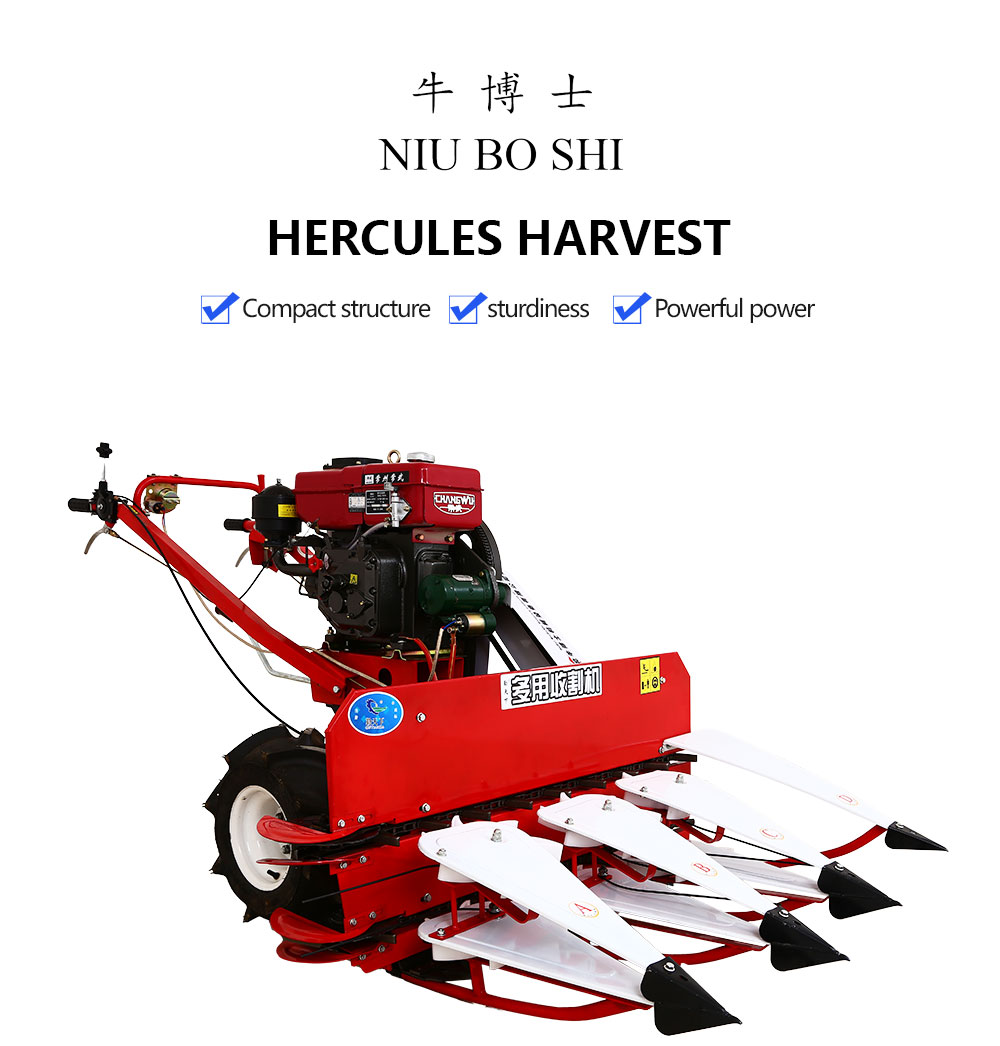Benefits of Using Forage Mowers for Efficient Hay Production and Pasture Management
Understanding Forage Mowers Essential Tools for Efficient Forage Management
Forage mowers are indispensable equipment in modern agriculture, particularly in the management and harvesting of crops such as hay and silage. They are designed to cut down forage crops quickly and efficiently, providing farmers with the means to optimize their workflows and improve the quality of their feed. This article delves into the importance, types, and operational procedures of forage mowers, highlighting their role in sustainable agriculture.
Importance of Forage Mowers
The primary purpose of a forage mower is to prepare forage crops for either immediate use or storage. By cutting the crops at the right time—typically when they are at peak nutritional value—farmers can ensure that their livestock receive the best possible feed. Well-managed forage not only supports animal health but also enhances milk and meat production, which are crucial for the agricultural economy.
Additionally, forage mowers allow for better management of crop residues, helping to control weeds and improve soil health
. By cutting down unwanted plants, farmers can encourage the growth of desirable species, ultimately leading to a more productive and sustainable farming system.Types of Forage Mowers
Forage mowers come in various styles and designs, each serving different needs and operational preferences
1. Sickle Mowers These traditional devices utilize a series of reciprocating blades that cut through the forage. They are best suited for small-scale operations and uneven terrains but provide an efficient cut.
2. Disc Mowers A popular choice among larger farms, disc mowers use rotating discs with sharp blades to slice through the crops. They are known for their speed and efficiency, allowing farmers to cover larger areas in a shorter amount of time.
3. Rotary Mowers Similar to disc mowers, rotary mowers utilize a series of rotating blades to cut the forage. They are remarkably versatile and can handle various types of forage, including thicker and coarser plants.
forage mower

4. Conditioners Some mowers come equipped with a conditioning feature, which helps to dry out the forage faster by crushing or rolling the stems. This is essential for making high-quality hay, as quick drying minimizes nutrient loss.
Operational Procedures
To maximize the efficiency and effectiveness of forage mowers, operators must adhere to best practices during operation
- Timing The optimal time for mowing is during the late morning to early afternoon when moisture levels are lower. This prevents spoilage and ensures a cleaner cut.
- Height Adjustment Setting the mower to the correct height is crucial. Cutting too low can damage the plants and the soil underneath, while cutting too high can leave behind valuable forage.
- Regular Maintenance To keep the mower in top working condition, regular inspections and maintenance are necessary. This includes sharpening blades, checking oil levels, and ensuring that all mechanical parts are functioning properly.
- Safety Protocols Operators should always adhere to safety guidelines, including wearing appropriate personal protective equipment (PPE) and following the manufacturer’s instructions. Awareness of the surrounding environment is also essential to avoid accidents.
Conclusion
Forage mowers play a critical role in the sustainable management of forage crops, providing farmers with the tools necessary to enhance their productivity and efficiency. By selecting the right type of mower and following best operational practices, farmers can significantly improve the quality of their feed, benefiting both livestock and the overall agricultural output. As agricultural technology continues to evolve, forage mowers will undoubtedly remain a cornerstone of modern farming, ensuring that the industry meets the growing demands for high-quality animal feed. In conclusion, understanding and utilizing forage mowers effectively can lead to better crop management, increased productivity, and ultimately a more sustainable agricultural practice.
Latest news
-
When to Upgrade Your Old Forage HarvesterNewsJun.05,2025
-
One Forage Harvester for All Your NeedsNewsJun.05,2025
-
Mastering the Grass Reaper MachineNewsJun.05,2025
-
How Small Farms Make Full Use of Wheat ReaperNewsJun.05,2025
-
Harvesting Wheat the Easy Way: Use a Mini Tractor ReaperNewsJun.05,2025
-
Growing Demand for the Mini Tractor Reaper in AsiaNewsJun.05,2025







